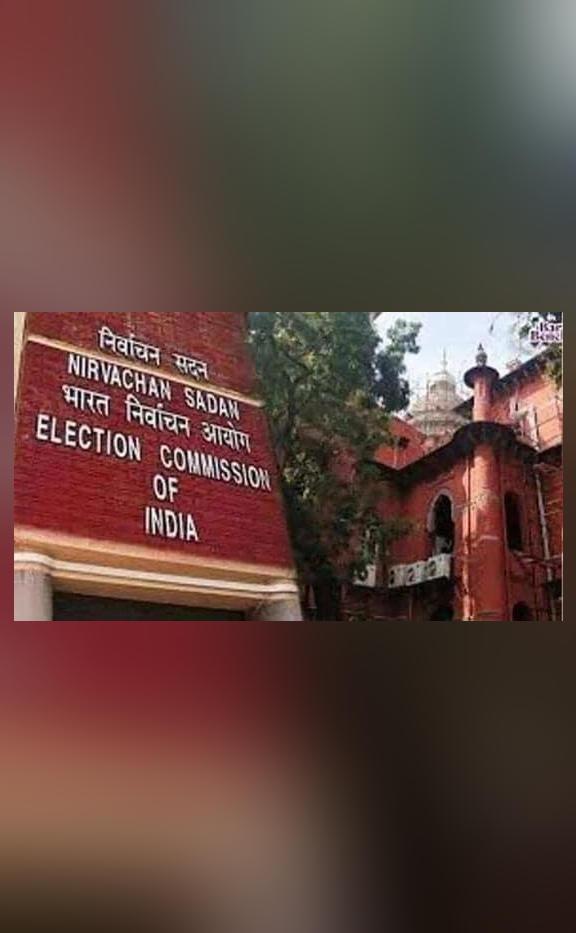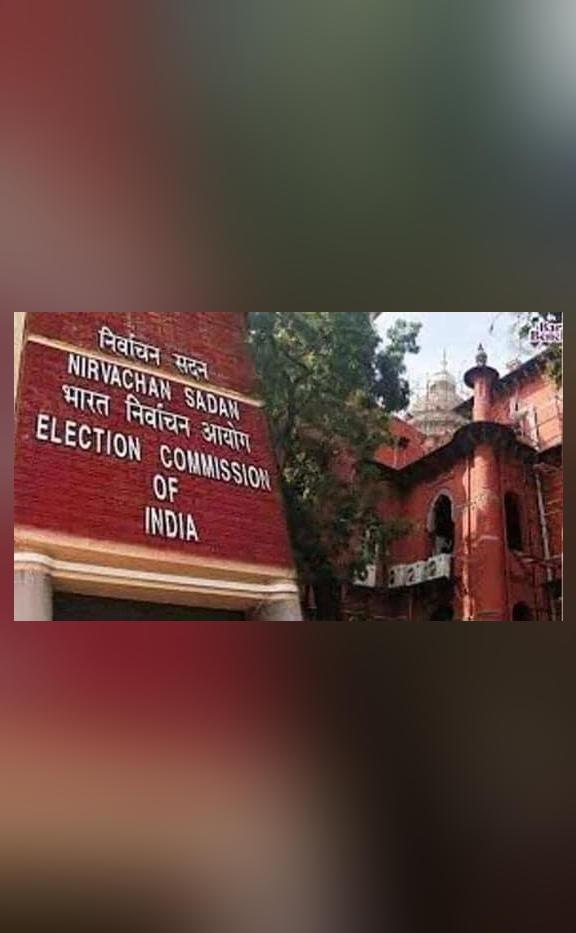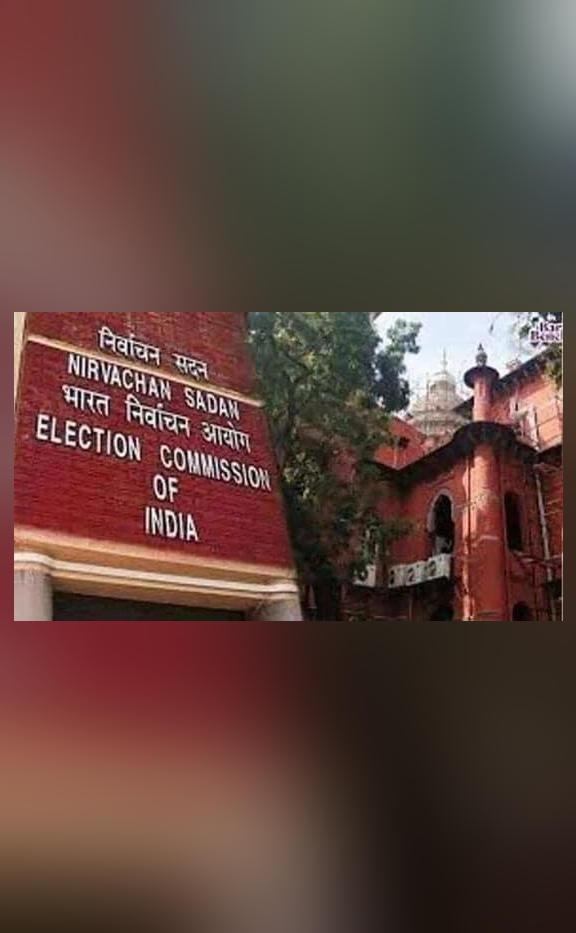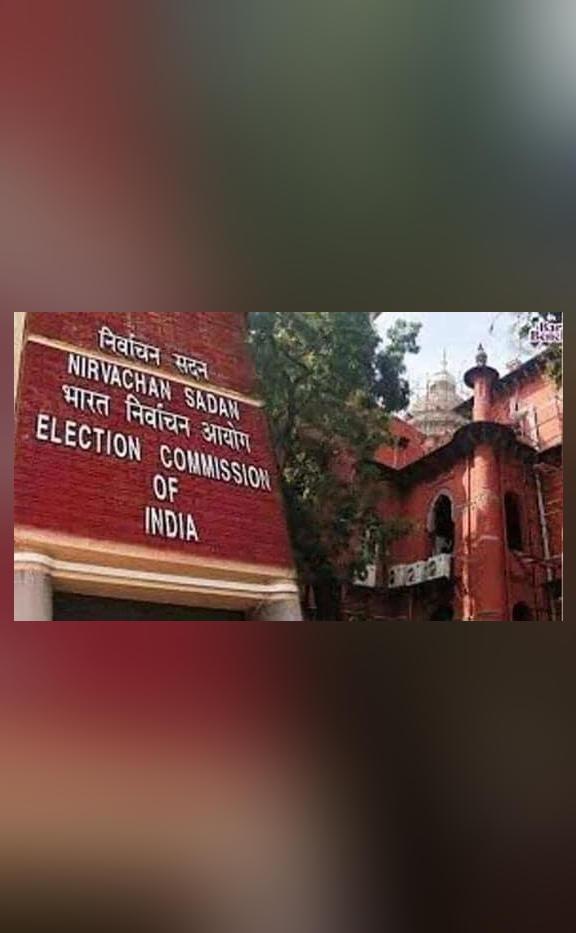
Aadhaar, Voter ID & Ration Cards Can’t be Considered for SIR: ECI
In a recent development, the Election Commission of India (ECI) has rejected the Supreme Court’s suggestion to accept Aadhaar, voter ID, and ration cards as standalone proof of voter eligibility in the ongoing special intensive revision (SIR) of Bihar’s electoral roll. This decision comes as a significant setback for those who were hoping to use these documents as proof of their eligibility to vote.
The ECI took this decision while reviewing the ongoing SIR exercise, which is aimed at making the electoral roll more comprehensive and accurate. The SIR exercise is crucial as it helps to identify and remove duplicate entries, dead individuals, and those who have migrated to other areas. The exercise is also important for ensuring that the electoral roll is updated regularly to reflect changes in voter demographics.
The ECI’s decision was announced on Monday, and it has sent shockwaves across the country, particularly among those who were hoping to use these documents to prove their eligibility to vote. The ECI has made it clear that these documents will not be accepted as standalone proof of voter eligibility. Instead, applicants will need to provide other valid documents, such as passports, driving licenses, and income tax returns, to establish their identity and eligibility to vote.
The ECI’s decision has been welcomed by some, who argue that it will help to ensure the integrity of the electoral process. They point out that using Aadhaar, voter ID, and ration cards as standalone proof of voter eligibility could have led to fraud and manipulation of the electoral process. By rejecting these documents, the ECI is ensuring that the electoral roll remains accurate and reliable.
However, others have criticized the ECI’s decision, arguing that it will make it difficult for certain sections of society to exercise their right to vote. They point out that many people, particularly in rural and marginalised communities, may not have access to other valid documents that are required to establish their identity and eligibility to vote. This could lead to a significant number of eligible voters being left out of the electoral process.
The ECI’s decision has also been seen as a setback for those who were hoping to use Aadhaar as a means of verifying their identity. The Unique Identification Authority of India (UIDAI) had previously announced that it would provide Aadhaar authentication services to the ECI to verify the identity of voters. However, the ECI has now made it clear that Aadhaar will not be accepted as standalone proof of voter eligibility.
The ECI’s decision has also raised questions about the status of citizenship in the country. Some have argued that the decision could lead to the termination of citizenship for those who are not part of the electoral rolls. However, the ECI has made it clear that a person’s citizenship will not terminate on account of not being part of the electoral rolls. This is a welcome clarification, as it ensures that the rights and citizenship of individuals are not compromised.
The ECI’s decision is a significant development in the ongoing SIR exercise, and it is likely to have far-reaching implications for the electoral process in the country. While some may see it as a setback, others may view it as a necessary step to ensure the integrity of the electoral process. As the SIR exercise continues, it will be important to monitor the impact of this decision and ensure that all eligible voters are able to exercise their right to vote.
In conclusion, the ECI’s decision to reject Aadhaar, voter ID, and ration cards as standalone proof of voter eligibility is a significant development in the ongoing SIR exercise. While it may have some negative implications for certain sections of society, it is a necessary step to ensure the integrity of the electoral process. As the SIR exercise continues, it will be important to monitor the impact of this decision and ensure that all eligible voters are able to exercise their right to vote.
Source:






